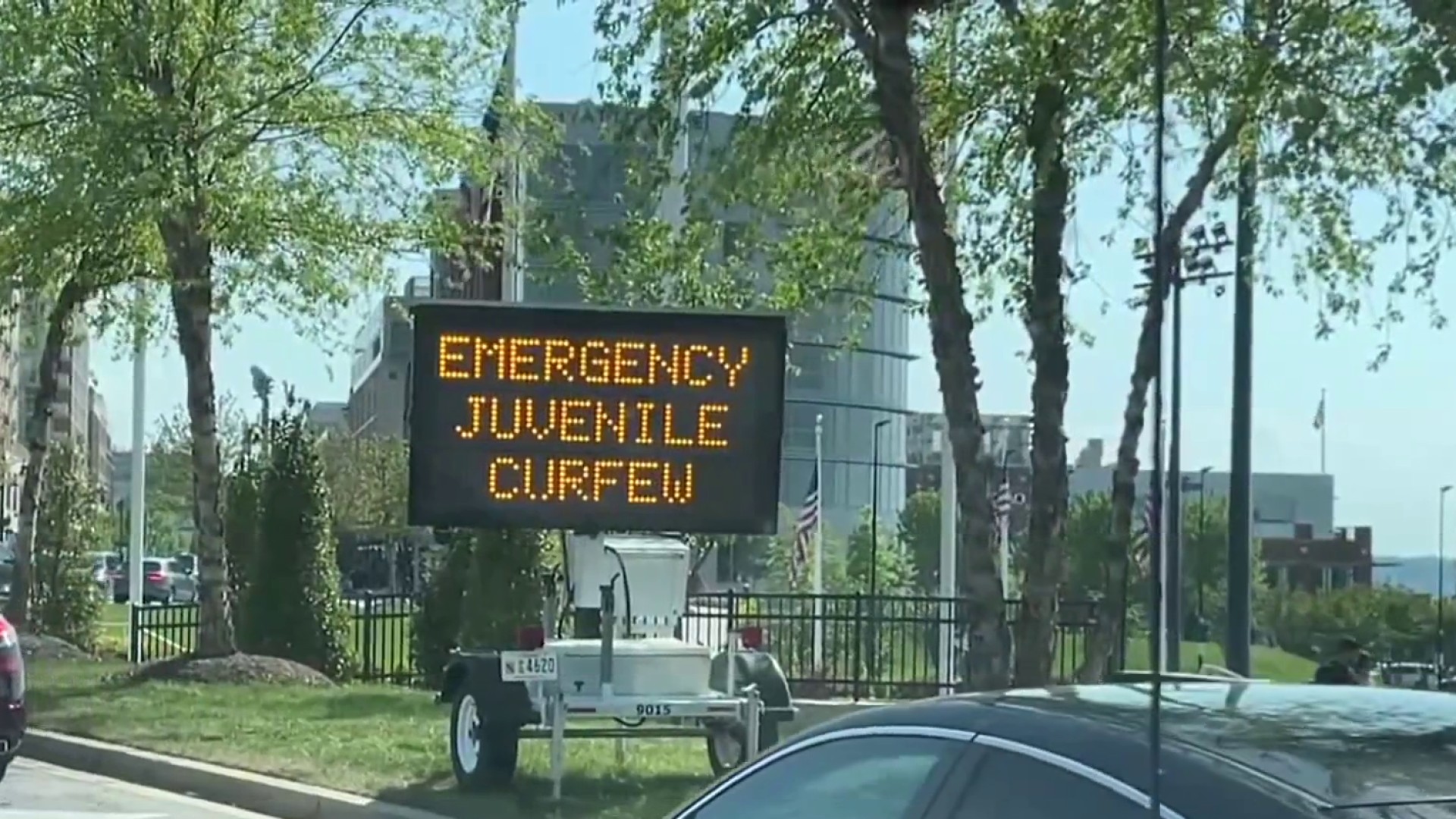Families affected by gun violence urged Maryland lawmakers at a hearing on Monday to pass the Safe Communities Act of 2024, which would stop convicted killers from getting out of prison early by earning credits for good behavior.
The bill would prohibit those convicted of first- and second-degree murder from reducing their time behind bars by earning what are known as diminution credits, and it would also limit the amount of credits inmates who are convicted of a violent crime can earn. Separate legislation would stop those convicted of first-degree rape from earning good behavior credits as well.
Among those who testified at the hearing was Jamey Arnaud, the daughter of a Prince George’s County sheriff’s deputy who was killed in the line of duty.
The man who killed her father and another deputy in 2002 walked out of prison 7.5 years early after earning diminution credits for good conduct.
We're making it easier for you to find stories that matter with our new newsletter — The 4Front. Sign up here and get news that is important for you to your inbox.
“I’m here to represent both families, to show this should not happen to anyone. No one should feel like this. No one should have this happen to their family,” Arnaud said.
Gale Seaton’s daughter, Stacy, was killed in 2005 in Prince George’s County. She also testified in support of the bill.
“I’m here because it’s not fair. Victims of murder don’t get to say, ‘When do I get better? Where’s my second chance?’” she said.
Local
Washington, D.C., Maryland and Virginia local news, events and information
The credits are meant to give an incentive to prisoners to do well and work toward earning their freedom. They can earn credits by working, taking classes and engaging in projects.
The bill faces some skepticism in the Maryland Senate Judicial Proceedings Committee.
According to a Racial Equity Impact Note attached to the bill, “the elimination of diminution credits could decrease the number of inmates who are working or participating in prison programming and also could potentially increase institutional violence.” It also says “the largely Black incarcerated population in Maryland will be impacted by the bill to the greatest extent.” https://dls.maryland.gov/about-us/racial-equity-impact-notes
According to the Maryland Department of Public Safety and Correctional Services, Black inmates comprise 71.5% of those incarcerated in Maryland. Only 29% of the state’s population is Black.
Senator Jill Carter (D-Baltimore) sits on the Judicial Proceedings Committee. She said the diminution credits give prisoners hope.
“We’re still trying to overcome the harm of excessive sentences that were imposed in the 80s and 90s in particular in Maryland. And in our effort to do that, there could be a view by some of us that this would take us back,” she said.
Linda Duncan, whose mother was murdered in 1990, said those convicted of murder should serve their full sentences.
“You have to take consequences for your choices. I think that we need to look at it from a different perspective and not be so lenient,” she said.



